Latest News

F1 News & Gossip
Lewis Hamilton ‘won’t reply' to celebrity date proposal
- 2 hours ago

Latest F1 News
Unseen footage shows McLaren damage after WILD British GP celebrations
- 2 hours ago

Latest F1 News
Lewis Hamilton exit warning issued as Ferrari fears divulged
- 3 hours ago

F1 Stories
FIA steward scandal that handed Ferrari controversial British GP win amid McLaren fury
- Yesterday 20:28

Red Bull Crisis
The man who came THIS CLOSE to replacing Christian Horner at Red Bull
- Yesterday 19:43

Latest F1 News
Cadillac F1 boss addresses driver line-up criticism with telling statement
- Yesterday 18:58
Most read

500.000+ views
FIA issue Lando Norris disqualification verdict at Austrian Grand Prix
- 29 june

250.000+ views
F1 News Today: Austrian Grand Prix race result confirmed as FIA issue Lando Norris disqualification verdict
- 1 july

200.000+ views
Lewis Hamilton disqualification proves McLaren are real deal at Austrian Grand Prix
- 1 july

150.000+ views
F1 News Today: Verstappen Red Bull era ENDS as rivals announce major contract for star driver
- Yesterday 18:00

150.000+ views
F1 2025 Standings: Lewis Hamilton gets Ferrari boost as team promoted THREE places after Silverstone heroics
- 7 july

150.000+ views
FIA announce Lewis Hamilton punishment verdict at Austrian Grand Prix
- 27 june








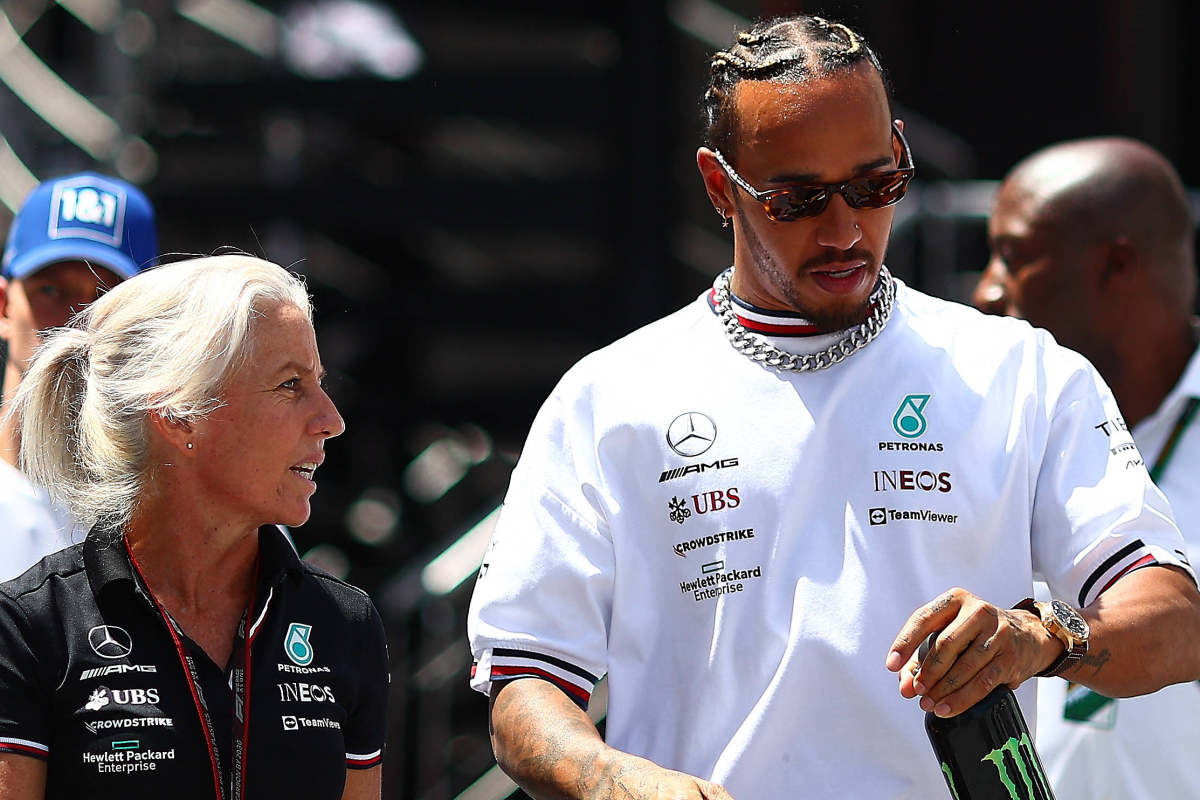
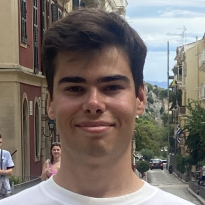
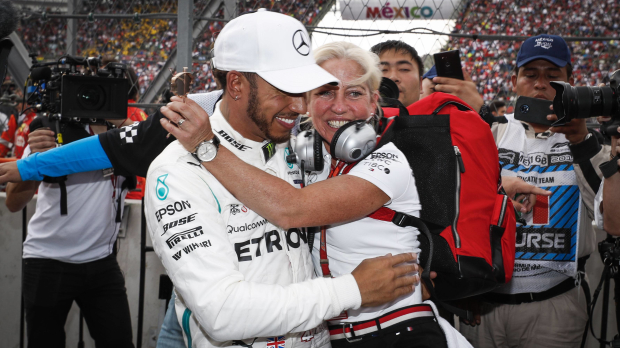
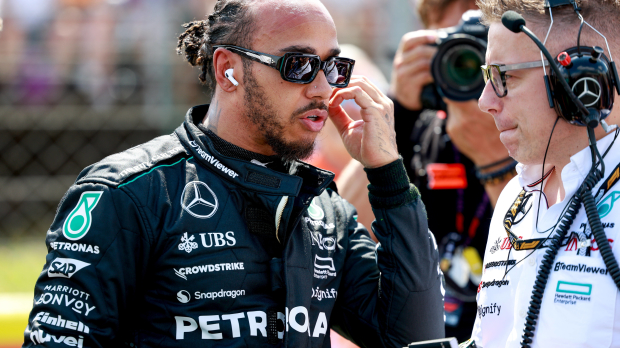
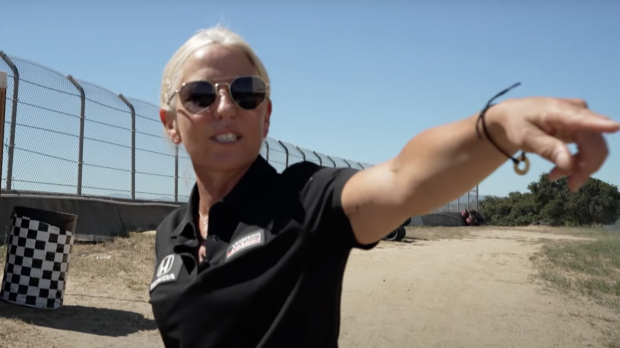















 Grand Prix of Australia 2025
Grand Prix of Australia 2025  Grand Prix of China 2025
Grand Prix of China 2025  Grand Prix of Japan 2025
Grand Prix of Japan 2025  Grand Prix of Bahrain 2025
Grand Prix of Bahrain 2025  Saudi Arabian Grand Prix 2025
Saudi Arabian Grand Prix 2025  Grand Prix De Monaco 2025
Grand Prix De Monaco 2025  Gran Premio de España 2025
Gran Premio de España 2025  Grand Prix du Canada 2025
Grand Prix du Canada 2025  Grand Prix of Austria 2025
Grand Prix of Austria 2025  Grand Prix of Belgium 2025
Grand Prix of Belgium 2025  Grand Prix of Hungary 2025
Grand Prix of Hungary 2025  Grand Prix of Azerbaijan 2025
Grand Prix of Azerbaijan 2025  Grand Prix of Singapore 2025
Grand Prix of Singapore 2025  Gran Premio de la Ciudad de Mexico 2025
Gran Premio de la Ciudad de Mexico 2025  Grande Prêmio de São Paulo 2025
Grande Prêmio de São Paulo 2025  Qatar Grand Prix 2025
Qatar Grand Prix 2025  Grand Prix of Abu Dhabi 2025
Grand Prix of Abu Dhabi 2025 